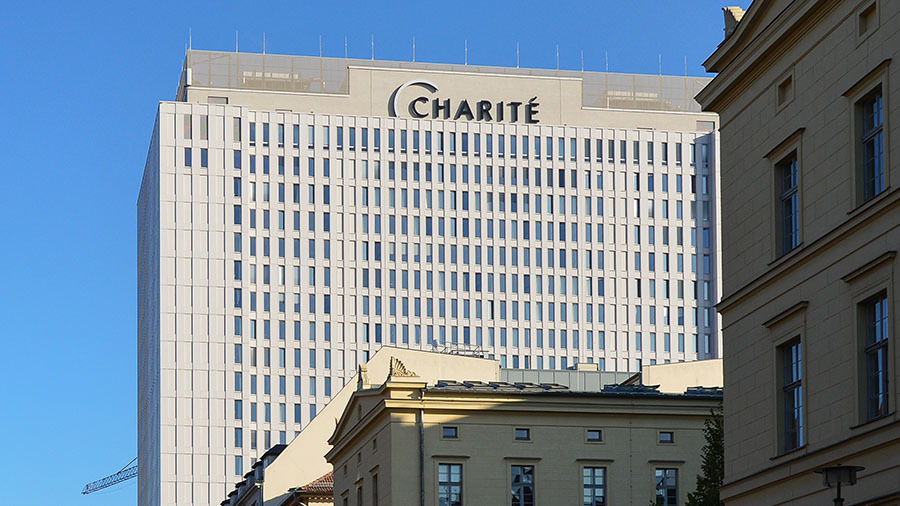EU sanctions against Russia are an illegal instrument that runs counter to the interests of the EU itself.
This opinion was expressed by the deputy head of the Russian Foreign Ministry Alexander Grushko during a conversation with journalists in Athens.
The diplomat noted that such a European policy causes colossal uncertainty in relations between Moscow and European countries.
“What worries us is that lately the European Union has undertaken with irrepressible energy to create the so-called horizontal sanctions mechanisms - chemical, human rights, hybrid threats, cybersecurity,” Grushko said.
He stressed that in this way the EU legislation provides for the possibility of making operational decisions with respect to “specific persons involved in these sanctions regimes” - individuals, institutions, companies and businessmen.
This "slippery slope", he said, leads nowhere.
The diplomat drew attention to the fact that this problem is characteristic not only of relations between Russia and the European Union, but also of world trade in general.
Therefore, Moscow “both systemically and in relations with the European Union” opposes unilateral decisions that contradict WTO norms and impede the development of normal economic relations.
"Especially in areas where large investments are required, where the payback is not a month, not years, but sometimes decades, and all this requires absolute predictability, reliability of the legal framework and understanding of the real needs in both demand and supply," he quotes a TASS diplomat.
On January 27, the Russian Foreign Ministry announced that 2020 will be remembered for a serious setback in relations between Russia and the European Union, including because some EU member states "decided to consolidate their ranks on an anti-Russian basis."
The department drew attention to the fact that despite the need to fight the coronavirus pandemic, in the European Union "there are those who prefer to fight against Russian vaccines."
“In some EU capitals, an aggressive information campaign was launched against our country with offensive accusations of spreading harmful disinformation about the coronavirus,” the Foreign Ministry recalled, stressing that Moscow's proposals to establish a conversation on the topic of disinformation were rejected.
It is emphasized that European countries continued their sanctions policy, “subjecting Russians and business to illegal restrictions,” and also intervened in the internal affairs of Belarus.
“The apogee of the unfriendly steps was the actions in connection with the so-called poisoning of Alexei Navalny, which called into question the very possibility of building further cooperation with the European Union,” the ministry recalled.
Charite clinic building in Berlin
RIA News
© Alexey Vitvitsky
At the same time, the Foreign Ministry stressed that the Russian authorities are not going to "take the position of the offended" and break the remaining channels of dialogue with the EU, as they realize the need for patient work in order to build equal cooperation with the European Union, "when it is ready for it."
Recall that in October 2020, the foreign ministers of the European Union countries agreed on the introduction of anti-Russian sanctions due to the situation around Alexei Navalny, who was being treated at the Berlin clinic "Charite".
The decision on restrictions in the European Union was made after the FRG authorities announced that Navalny was allegedly poisoned with a nerve agent from the Novichok group.
Berlin did not provide any evidence of this.
Later, a decision was published to impose restrictions on a number of Russian citizens in connection with the Navalny case: they included, in particular, FSB director Alexander Bortnikov and deputy head of the Russian presidential administration Sergey Kiriyenko.
The Russian Foreign Ministry called this decision of the European Union "categorically unacceptable" and announced the expansion of the reciprocal list of representatives of the EU member states, which are prohibited from entering the territory of the Russian Federation.
Also in October, the EU Council imposed sanctions on the “85th main center of special services of the GRU” and two Russian citizens, who are called employees of the center in the EU, for their alleged involvement in a hacker attack on the Bundestag in 2015.
Russia has repeatedly denied accusations of involvement in the cyber incident and drew attention to the absence of any evidence in the case.
As a retaliatory measure, the Foreign Ministry at the end of December expanded the list of German citizens who are banned from entering Russia.
The department drew attention to Berlin's lack of interest in a real investigation of what happened, and noted that the current situation was originally designed as another provocation against Moscow.

